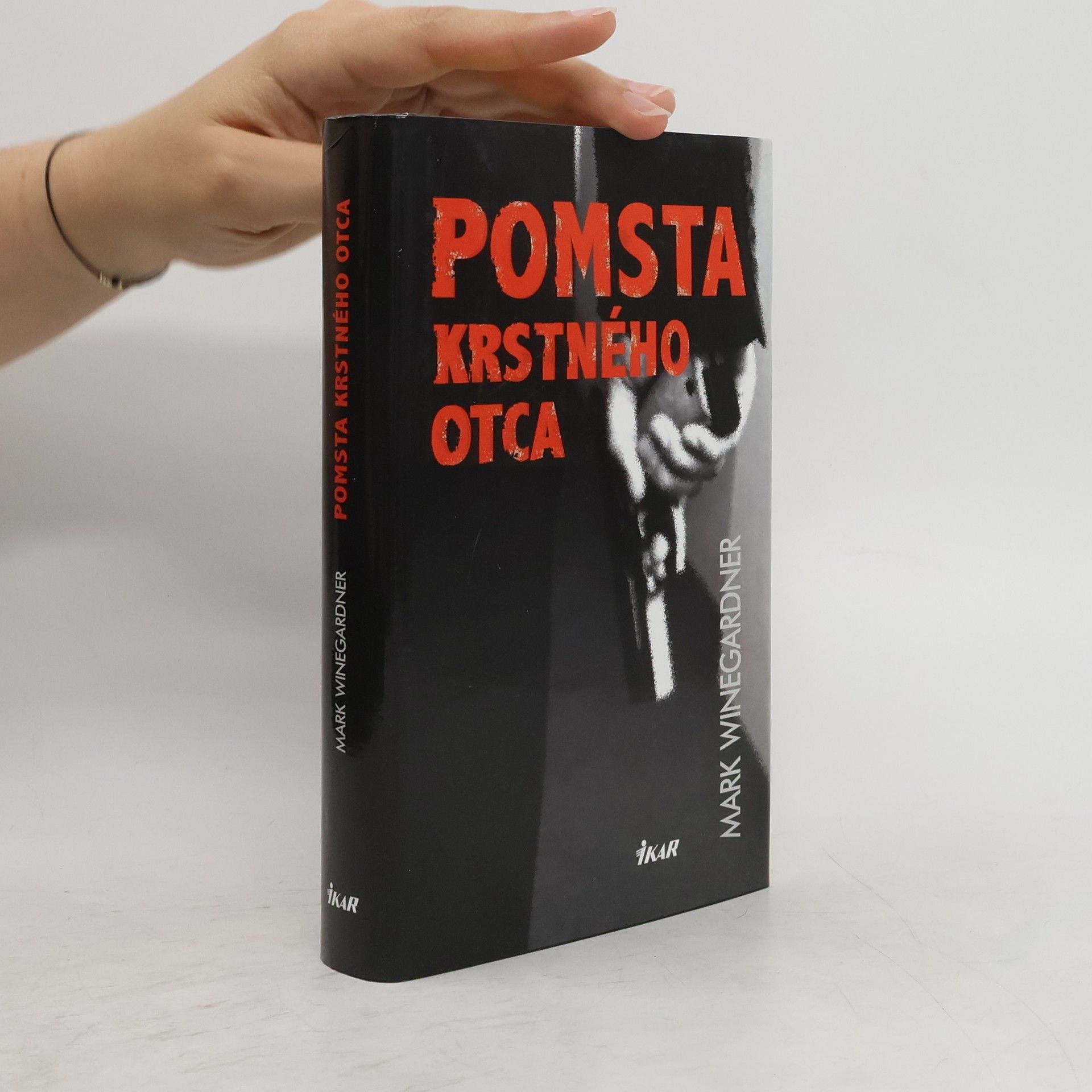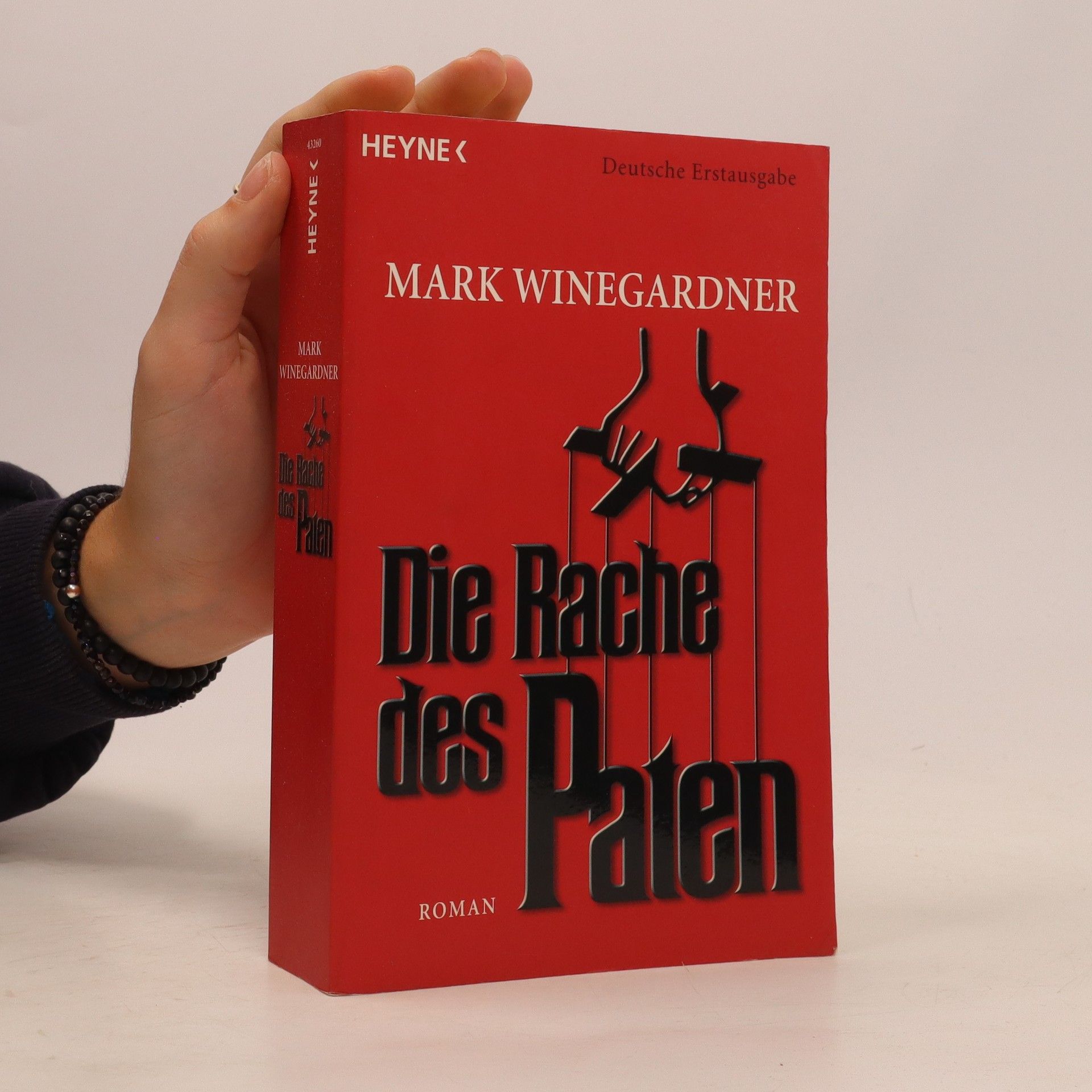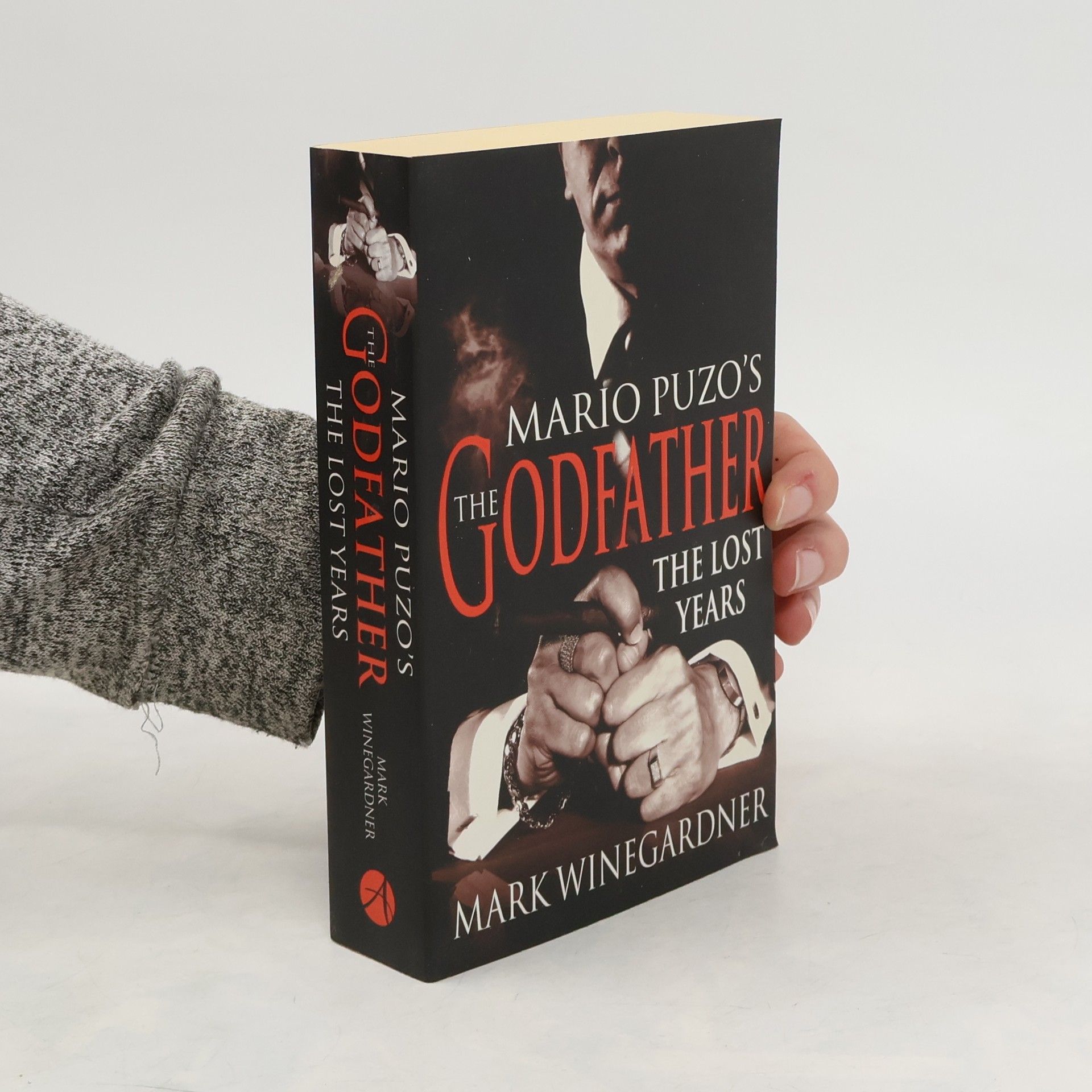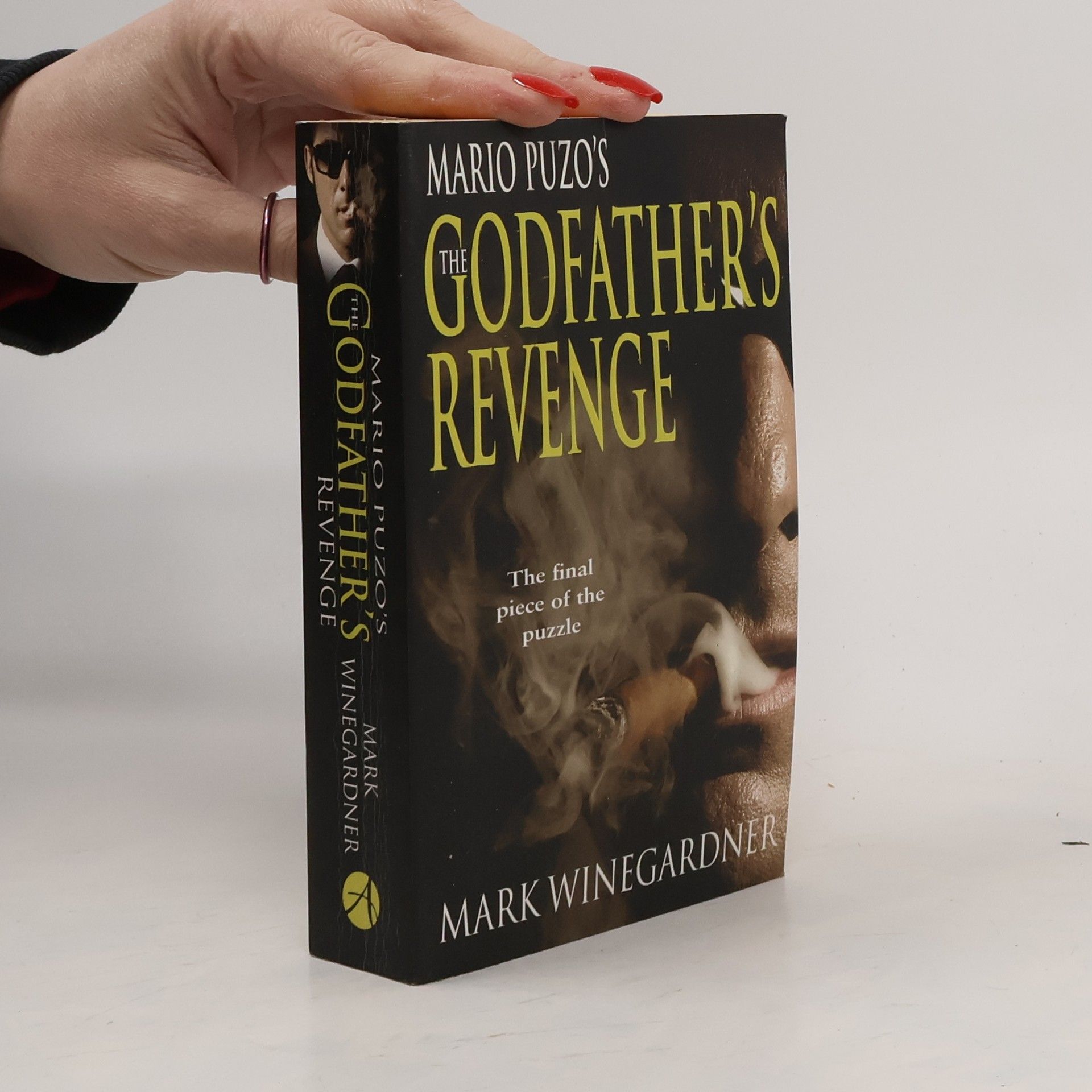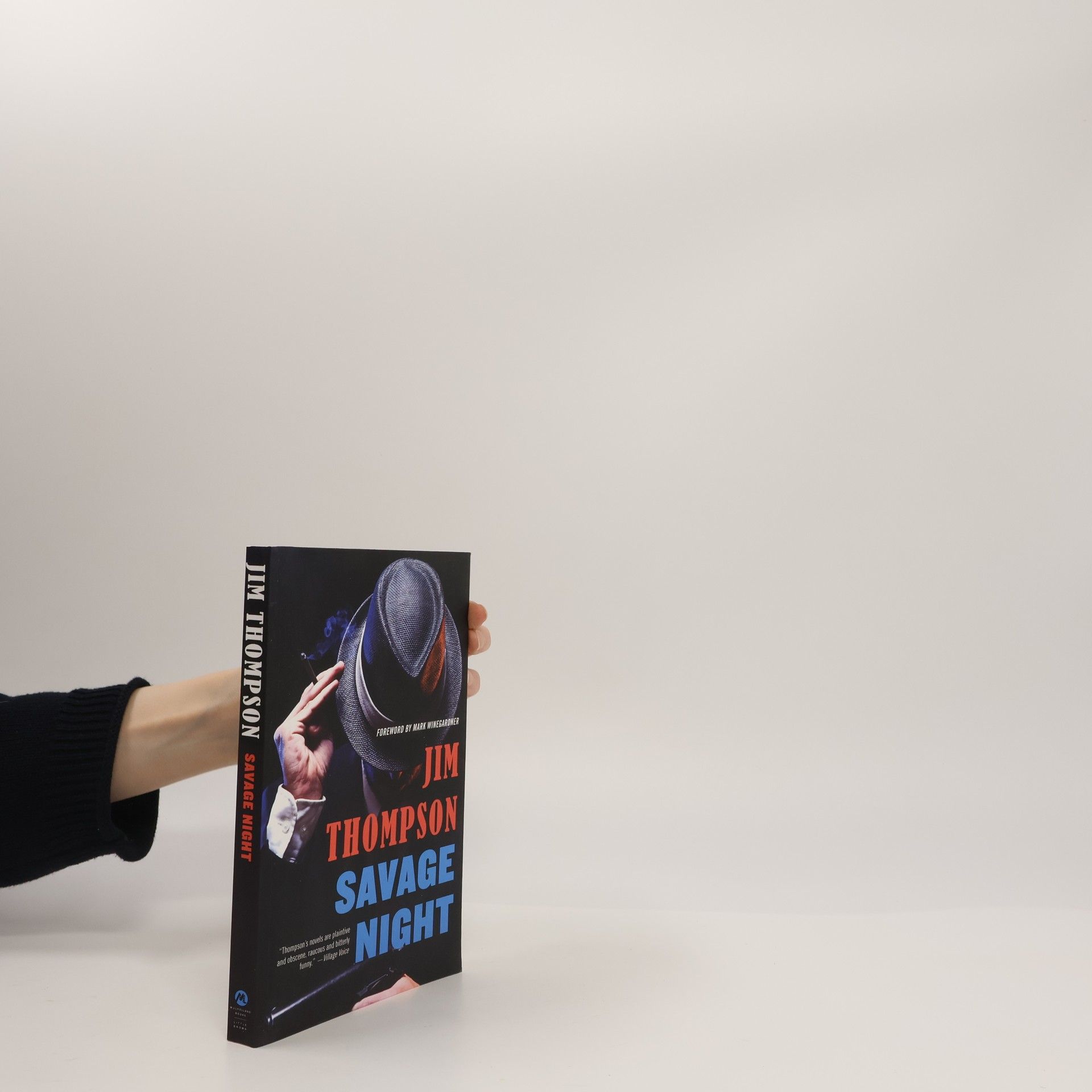Savage Night
- 256 pages
- 9 hours of reading
Jake Winroy had no looks, no education, and little else before he'd worked his way to the top of a million-dollar-a-month horse-betting ring. But when the state's latched onto his game, the feds take a bite and the lawyer fees eat away at the rest, all Jake's got left is the bottle and a beautiful wife whose every word is ugly. Jake's to be the top witness in a major case against organized crime--if he hasn't already kicked the bucket before the trial has its day in court. But an enigmatic mafioso known only as The Man has a plan to make dead certain Jake never gets the chance to testify. The Man's hired Charlie "Little" Bigger, a hit man barely five feet tall, to infiltrate the Winroy residence as a tenant and murder Winroy in cold blood. To Little, it seems like the easiest job on Earth. Until he lays eyes on the beautiful and dangerous Fay and the Winroy's young housemaid Ruth, a woman as sensual as she is vulnerable. SAVAGE NIGHT is Jim Thompson at his most unpredictable and deeply suspenseful, in a claustrophobic thriller of one man's fractured mind.

